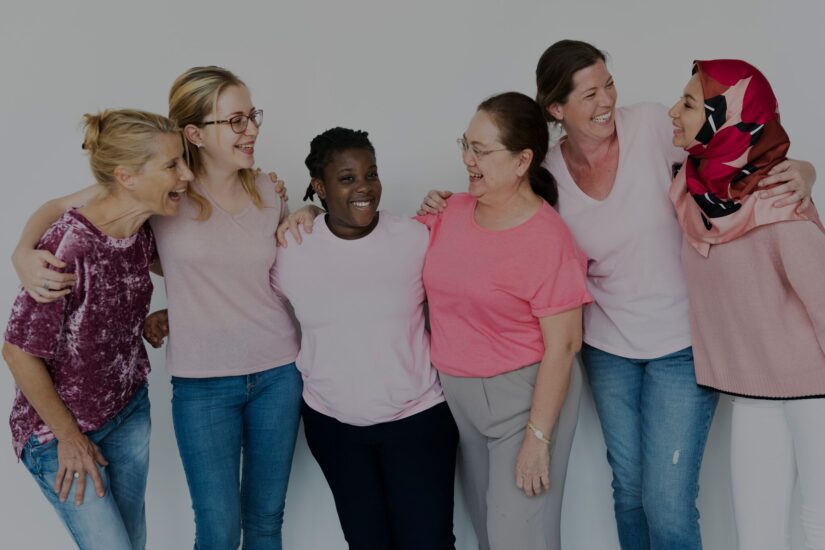March 1st marked the beginning of Women’s History Month! All of us here at Tutor Doctor would like to thank the many magnificent women that have changed the way we look at education. Here are some influential women in education that we’d like to thank for making the world a better place!
Anne Sullivan
“Children require guidance and sympathy far more than instruction.”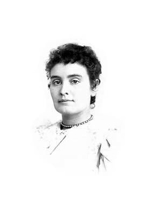
Often recognized as Helen Keller’s lifelong teacher, Anne Sullivan changed the way people with disabilities are approached in education. Due to Sullivan’s diligence, Helen Keller was able to learn to read, write, and communicate despite being blind and deaf. In fact, Anne Sullivan had overcome her own obstacles as well – due to an eye disease, she was left blind as a child. Anne Sullivan’s incredible work with Helen Keller is a testament to the great things that people with disabilities can achieve.
Maria Montessori
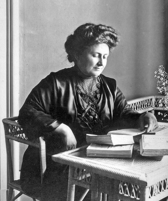 “Early childhood education is the key to the betterment of society.”
“Early childhood education is the key to the betterment of society.”
Maria Montessori pioneered the concept of child-centered education. Using creative hands-on learning methods and encouraging self-directed activities, Montessori was able to form a unique instructional approach that provided successful results even in students that were considered “unteachable.” Montessori believed that early child education should encompass all parts of growth, including social, cognitive, and emotional development. To this day, the Montessori Method is featured in schools all over the world.
Michelle Obama
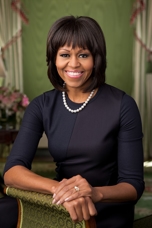 “We can’t afford not to educate girls and give women the power and the access that they need.”
“We can’t afford not to educate girls and give women the power and the access that they need.”
In many parts of the world, educational resources are already lacking. For young women and girls, education can be virtually inaccessible, and sometimes even frowned upon for cultural and societal reasons. Michelle Obama has done an incredible job creating programs and resources for girls living in disadvantaged countries that do not have access to education. Michelle Obama’s Let Girls Learn initiative has made huge advancements in providing schools and education to adolescent girls in Africa. For example, programs in Liberia are fighting to end gender violence in schools, as well as provide “second chance” opportunities for women who have become pregnant at a young age.
Mary McLeod Bethune
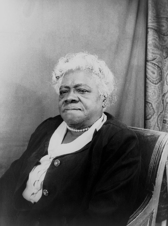 “Whatever glory belongs to the race for a development unprecedented in history for the given length of time, a full share belongs to the womanhood of the race.”
“Whatever glory belongs to the race for a development unprecedented in history for the given length of time, a full share belongs to the womanhood of the race.”
Mary McLeod Bethune’s parents were both former slaves. As a result, she had very little access to education as a child. Despite this, Bethune went on to become a teacher herself, eventually founding her own school in 1904. Initially starting with only six students, Bethune went on to become a champion of African-American women’s education, founding the Bethune-Cookman College (now university) to help women of color receive access to quality education. Mary McLeod Bethune believed that education was the key to equality, and we couldn’t agree more.
Malala Yousafzai
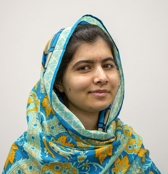 “In some parts of the world, students are going to school every day. It’s their normal life. But in other parts of the world, we are starving for education… it’s like a precious gift. It’s like a diamond.”
“In some parts of the world, students are going to school every day. It’s their normal life. But in other parts of the world, we are starving for education… it’s like a precious gift. It’s like a diamond.”
Malala Yousafzai’s story of resilience and fighting for what is right is nothing short of incredible. Growing up in Pakistan, Yousafzai became an advocate for women’s rights and education at a young age. However, due to the Taliban rule of Pakistan, freedoms for women were severely limited, with access to education virtually non-existent. Incredibly, Yousafzai survived after being shot in the head by a Taliban soldier at close range. After recovering, she went on to become an advocate of human’s rights and educational access for women. In 2014, at the age of seventeen, Malala Yousafzai became the youngest person to ever receive the Nobel Peace Prize for her amazing work in bringing attention to these issues.

